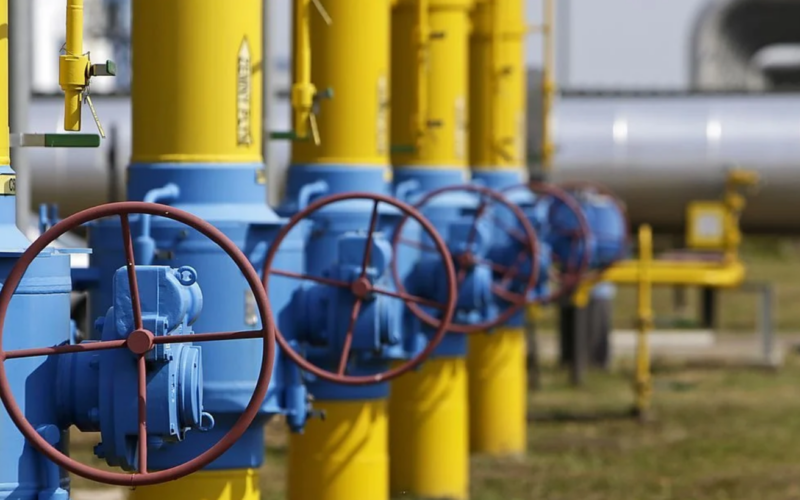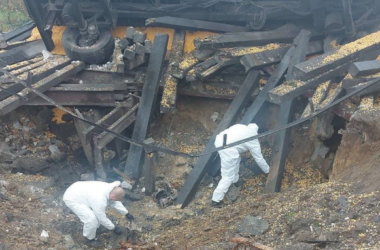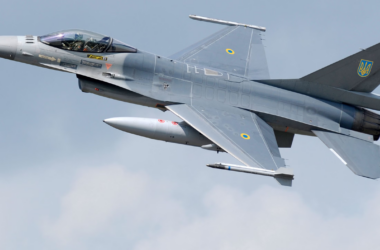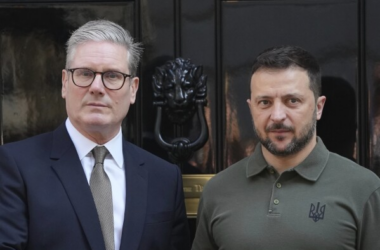In a significant development, Ukraine has expressed a willingness to extend the transit of Russian natural gas through its territory beyond 2024, according to statements by Slovakia’s Prime Minister Robert Fico. The potential continuation of gas transit holds implications for European clients that still rely on Russian pipeline gas. The announcement follows a meeting between Fico and Ukrainian Prime Minister Denys Shmyhal in Uzhhorod, where discussions pointed towards a positive outlook for the extension of the current gas transit agreement.
The existing gas transit agreement between Russia and Ukraine is set to expire at the end of this year. While the agreement designates Ukraine as a major transit route for Russian gas to reach European Union clients, the actual gas flows have seen a decline, dropping to less than 40% of the contracted volume since May 2022. This reduction is attributed to the Ukrainian conflict and the subsequent geopolitical developments that affected Ukraine’s control over key crossborder entry points.
Prime Minister Fico shared the positive outcome of the meeting in a video post on Facebook, highlighting the agreement that the transit of Russian gas through Ukraine is likely to continue. This potential continuation of transit is viewed as favorable news, not only for Slovakia but also for other European nations, including Austria and Italy. The prospect of extending the gas transit agreement beyond 2024 presents a significant opportunity for maintaining a crucial energy supply route.
While Fico’s statement suggests an agreement on the continuation of gas transit, Ukraine’s Prime Minister Shmyhal’s office provided a contrasting perspective. According to Shmyhal’s office, the Ukrainian stance remains clear: the transit contract expires at the end of the year, and there are no plans to engage in discussions with Russia to extend the contract. This difference in views underscores the complexity of negotiations and the need for further clarity on the way forward.
If the gas transit agreement is extended, it could bring relief to European clients that still depend on Russian pipeline gas, particularly in landlocked nations in the eastern part of the continent. However, the geopolitical landscape and historical tensions between Ukraine and Russia add layers of complexity to these negotiations. Gazprom, the Russian energy giant, has not provided an official comment on the matter.
Additionally, analysts suggest a credible risk that Gazprom might maintain gas supply to willing EU buyers by securing short-term capacity in Ukraine through capacity auctions. This approach has been used in the past by Gazprom for gas supplies to Germany via the Yamal-Europe pipeline. However, the effectiveness of such arrangements depends on geopolitical dynamics and the willingness of both parties to engage in mutually beneficial agreements.
The potential extension of the gas transit agreement between Russia and Ukraine adds a layer of complexity to the energy dynamics in the region. While Slovakia’s optimism signals a positive turn in negotiations, the differing perspectives between the Ukrainian and Slovak leaders highlight the challenges ahead. As discussions unfold, the energy landscape in Europe remains closely linked to the outcomes of these negotiations, with implications for gas-dependent nations and the broader geopolitical context in the region.








